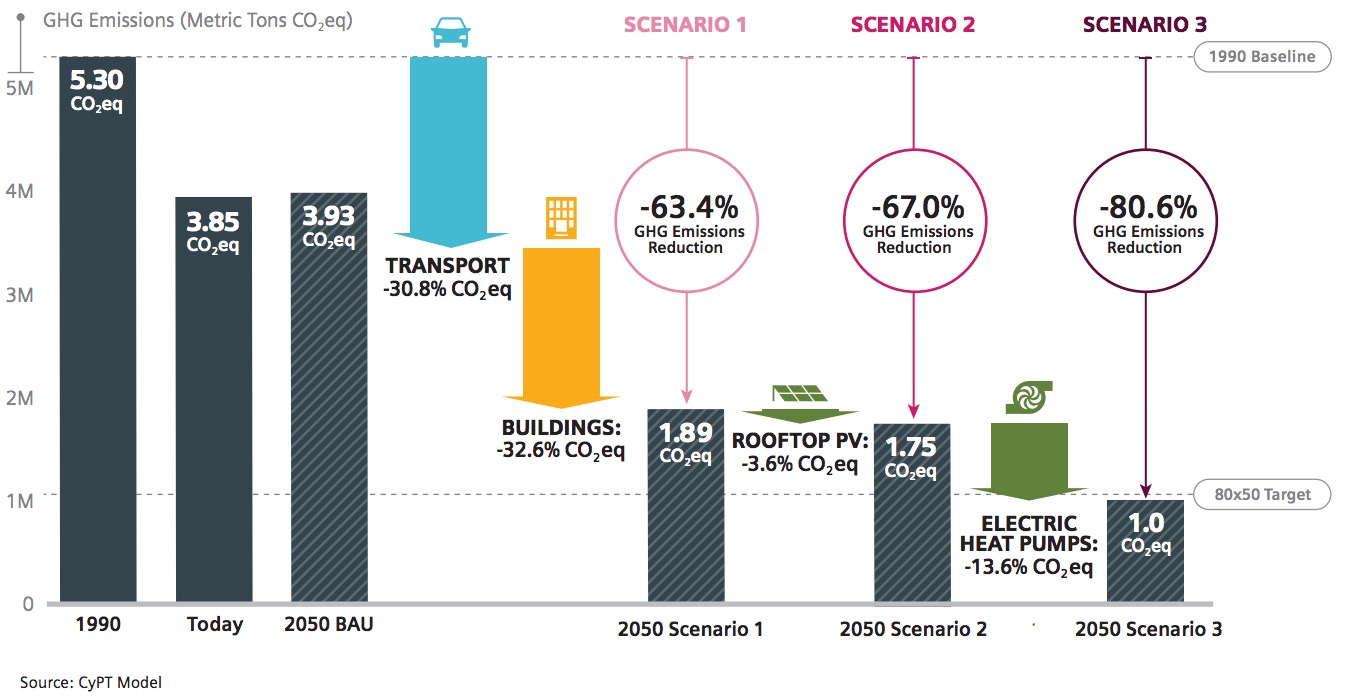
Over the course of a year, Siemens collaborated closely with the San Francisco Department of Environment (SFE) and nine other agencies to conduct an analysis of the City’s infrastructure, defined as its entire built environment and transport system. The team used the CyPT model to test technology pathways for achieving San Francisco’s “80×50” target (reducing CO₂eq emissions 80% by 2050 against a 1990 baseline) within the context of the local 0-50-100-Roots framework, as well as the State of California’s policy leadership.
View this complete post...











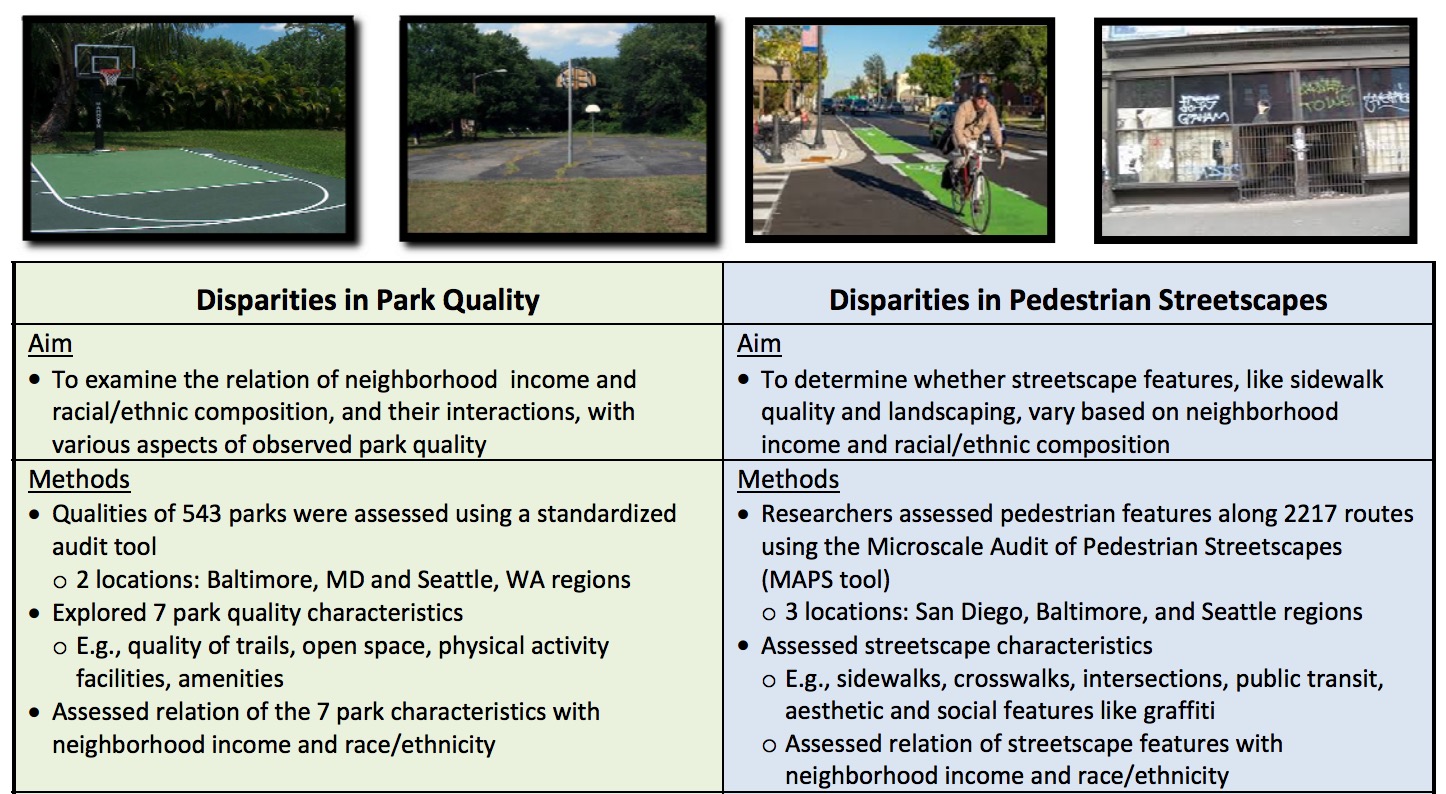
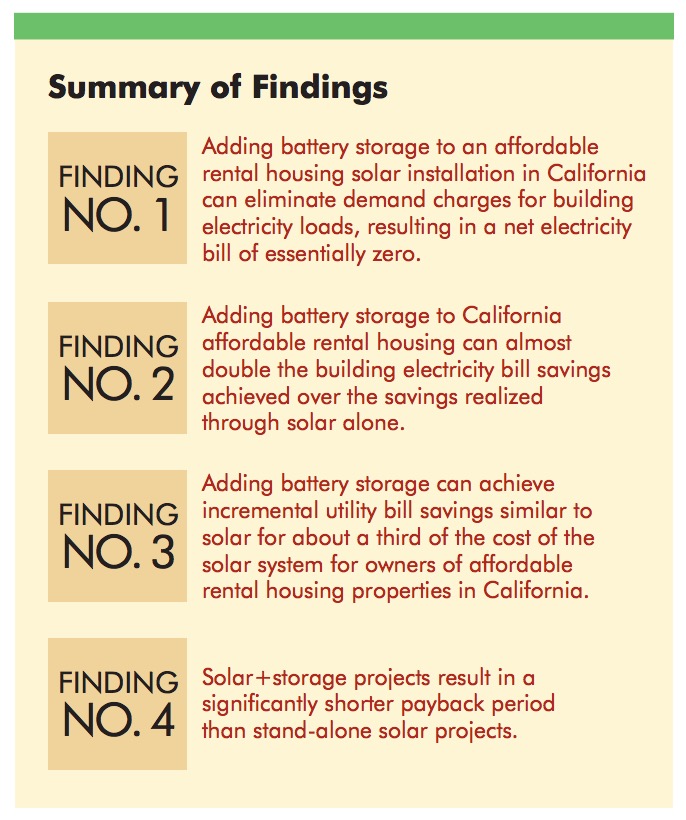
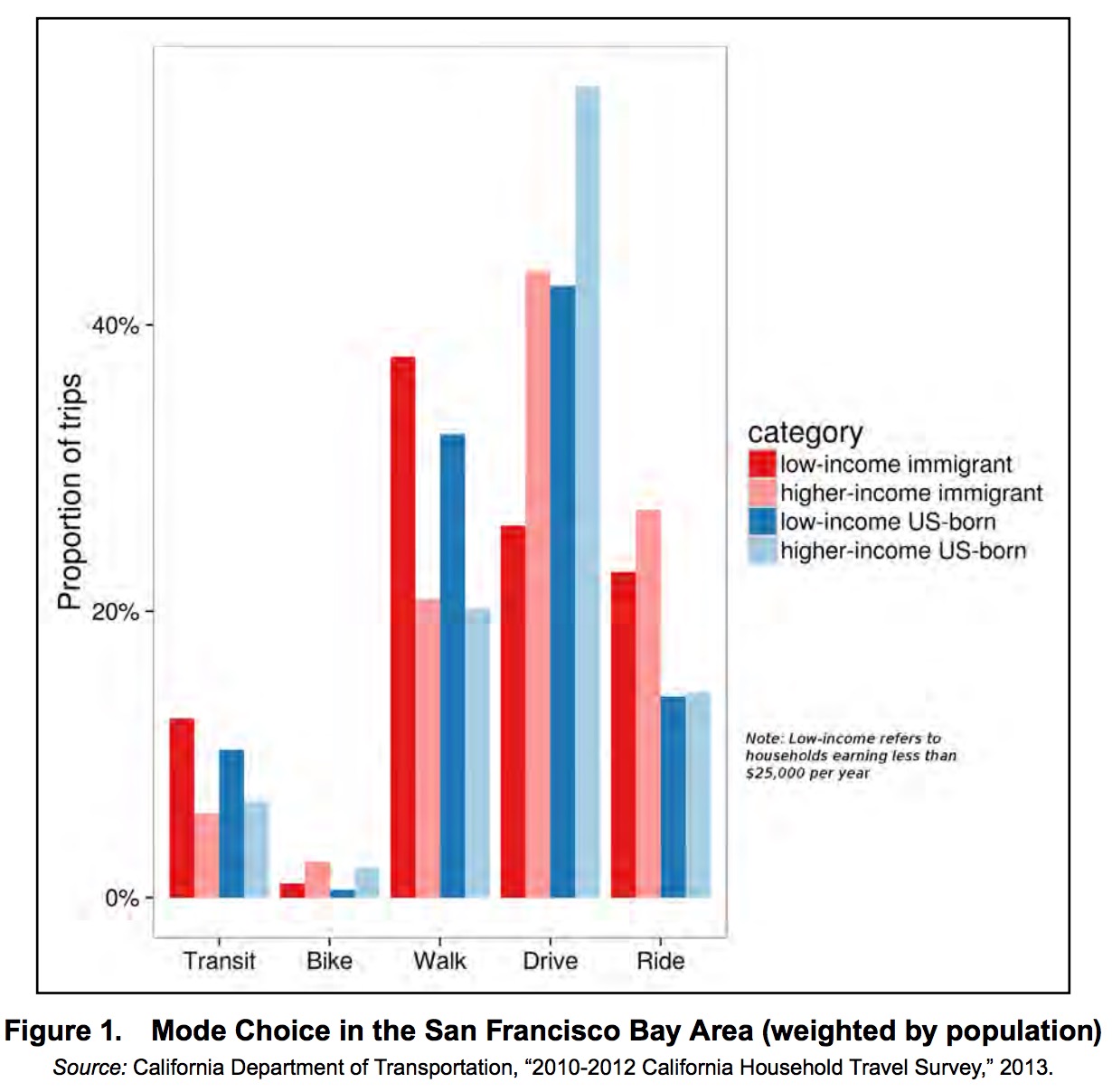
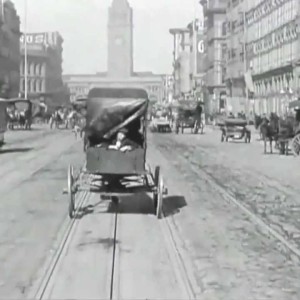

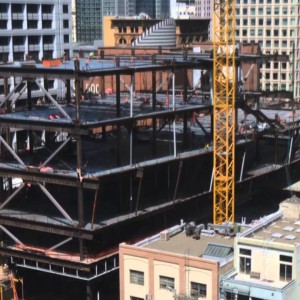
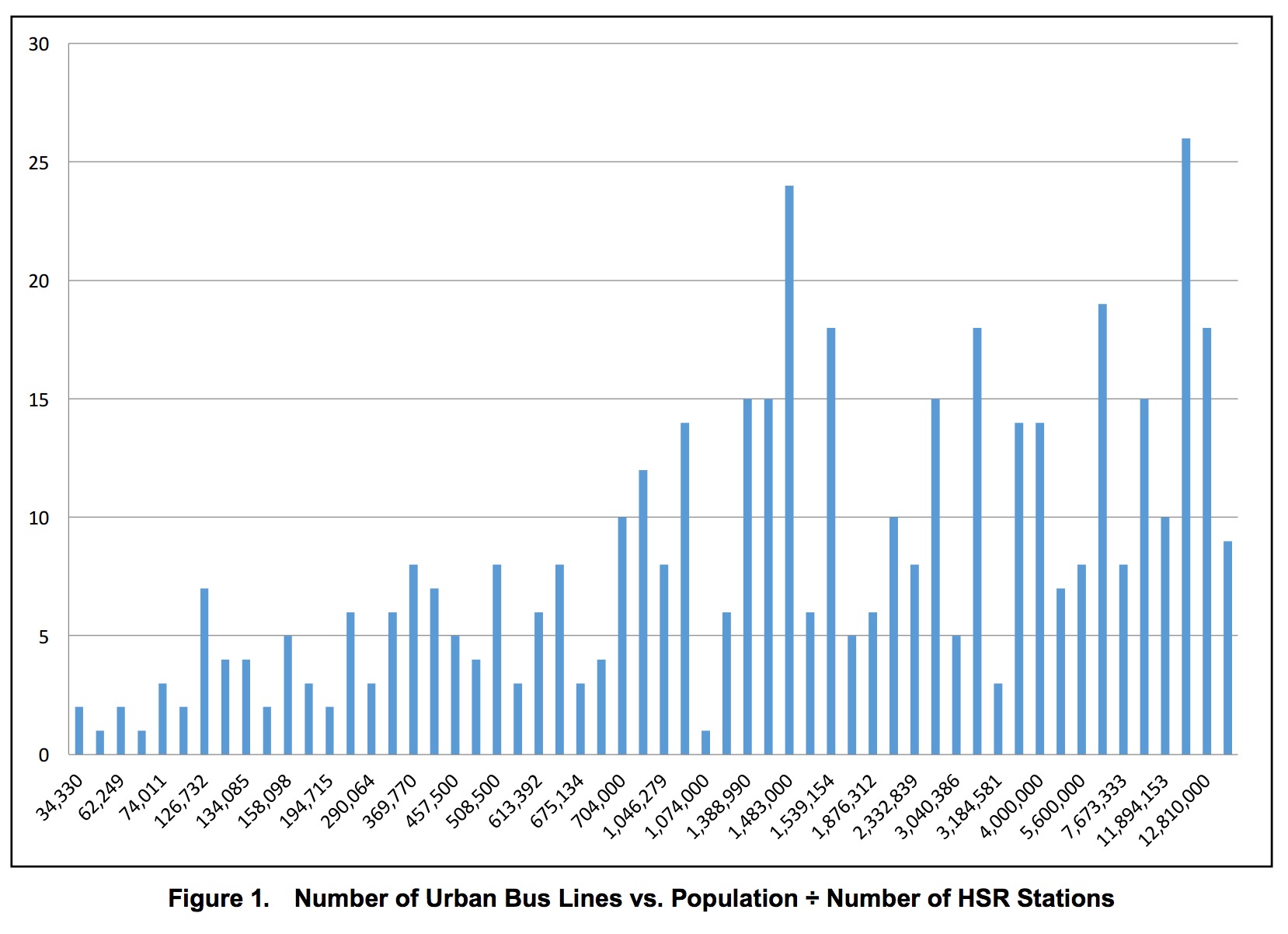
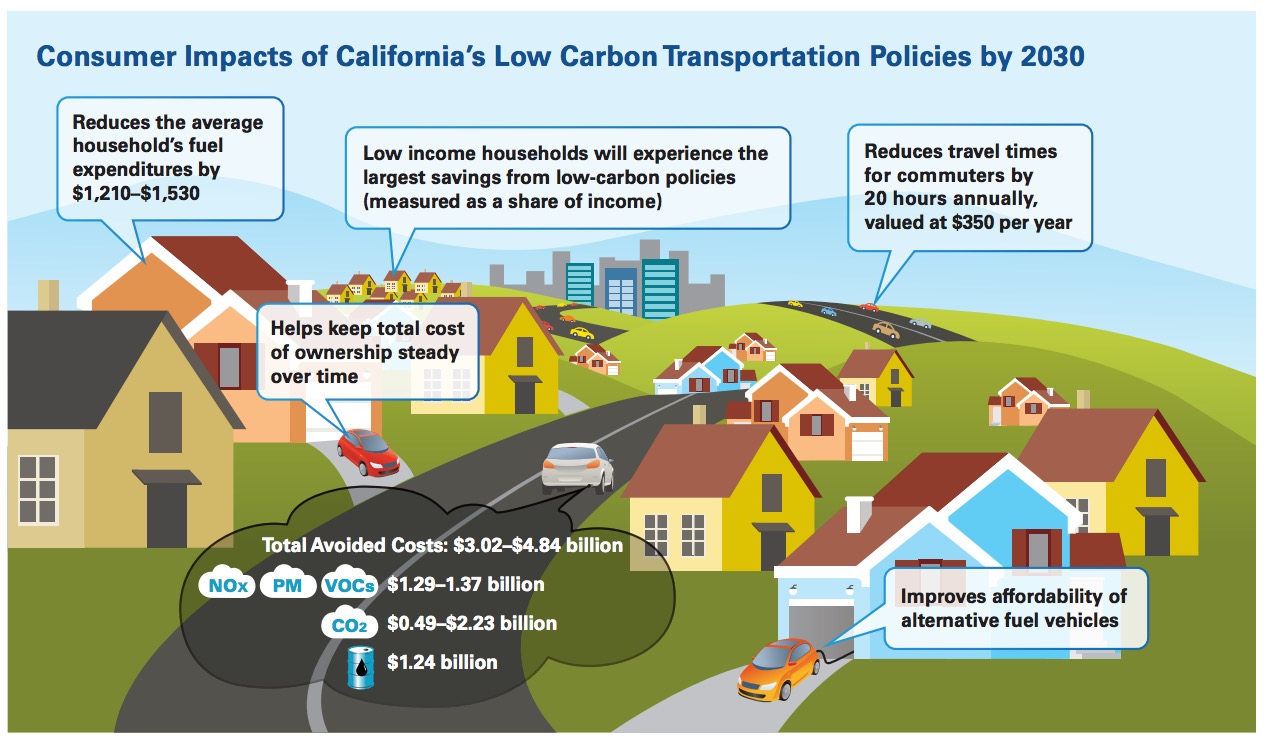
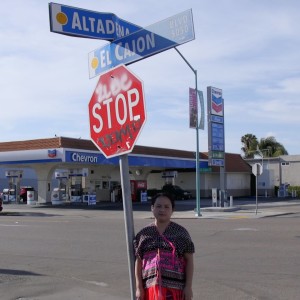

 RSS Feed
RSS Feed